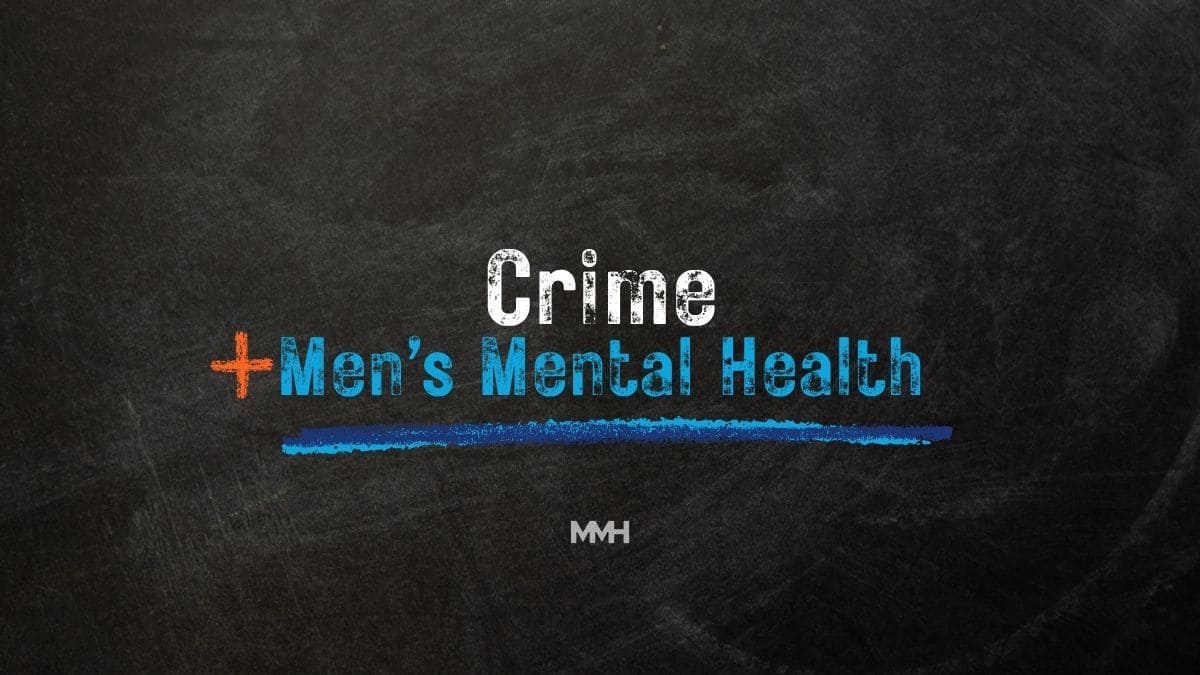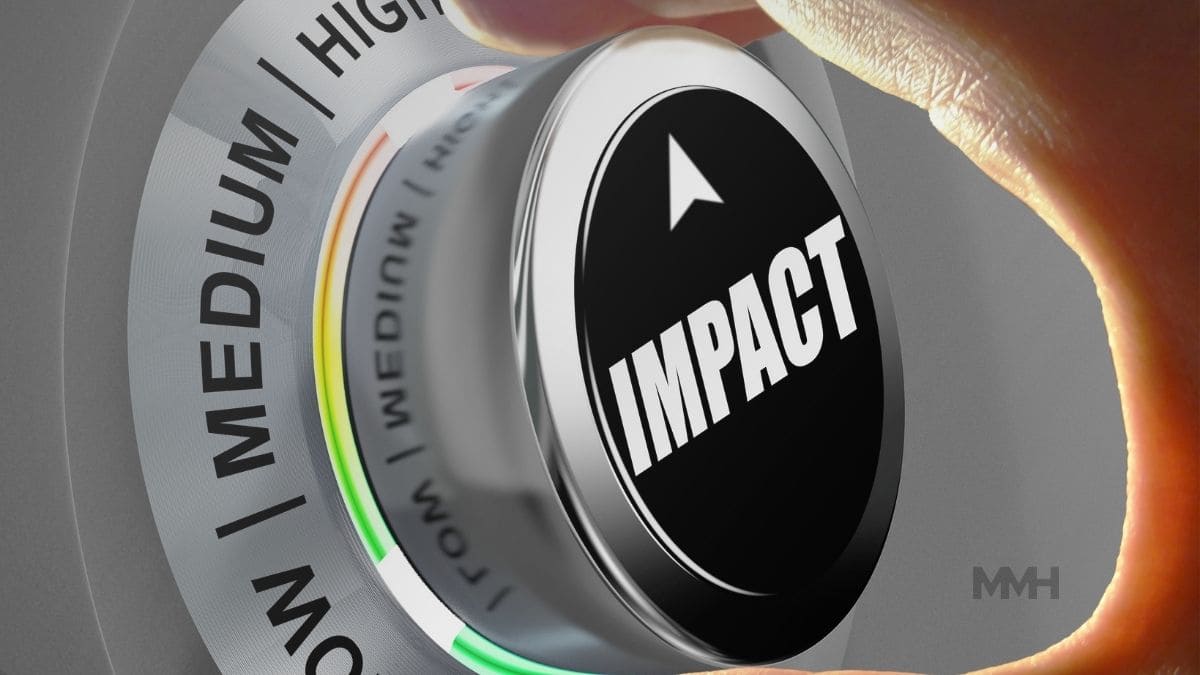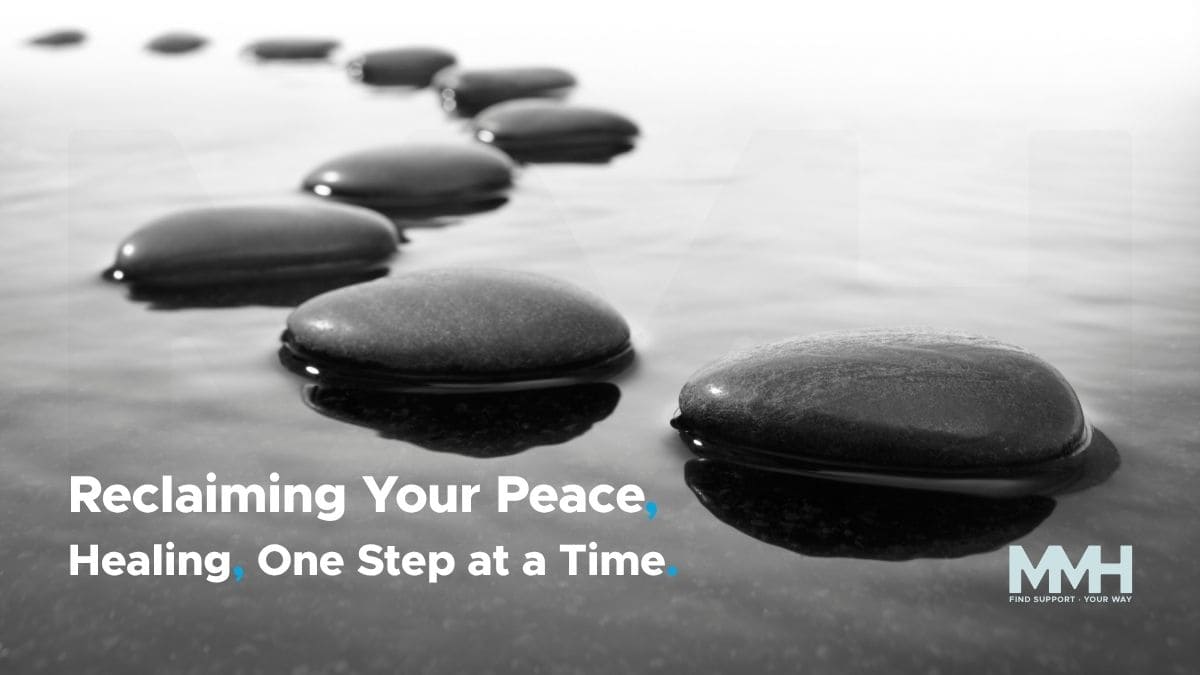MMH Men’s Mental Health does not provide direct mental health support. We do not offer crisis intervention, therapy, counselling, or medical advice. Instead, we provide information and signposting to external services that may be able to help.
The Effects of Crime on Mental Health
Struggling with overwhelming thoughts? There’s always someone ready to listen.
Need to talk?
Samaritans are here to listen, 24/7, 365 days a year. You can call them for free on 116 123 or visit www.samaritans.org
Prefer to Text?
Shout is a free, confidential, 24/7 text messaging support service for anyone who is struggling to cope.
If you feel in danger please call 999 or go directly to emergency services.
Affected by Crime: The Impact on Men’s Mental Health
Experiencing crime—whether as a victim, witness, or through a loved one—can have a lasting impact on mental health. It can trigger fear, anxiety, depression, or even post-traumatic stress disorder (PTSD), affecting confidence, relationships, and daily life.
📌 Crime can leave emotional and psychological scars, making it crucial to acknowledge the impact and seek support when needed.
If crime has affected your mental well-being, recognizing the symptoms and understanding how to cope can be key steps toward healing.
✨ Facing The Effects of Crime on Mental Health takes courage, and you're already taking a vital step by seeking understanding and support.

How Crime Affects Mental Health
Experiencing crime can deeply shatter a person’s sense of safety and security, leading to a profound and often overwhelming range of emotional and psychological reactions.
The immediate aftermath often brings a wave of intense emotional responses, including:
- ✔ Profound Fear & Vulnerability – A deep, unsettling feeling of being unsafe or powerless, even in places that once felt familiar.
- ✔ Intense Anger & Frustration – A powerful struggle with feelings of injustice, resentment, or a crushing loss of control over one’s life.
- ✔ Overwhelming Depression & Anxiety – Persistent feelings of profound sadness, debilitating stress, or an unshakeable fear of what the future holds.
- ✔ PTSD Symptoms – Haunting flashbacks, distressing nightmares, or dramatically heightened stress responses that linger long after the traumatic event.
📌 For many men, the ingrained societal pressure to “stay strong” or “man up” makes it incredibly difficult to open up about these painful experiences, often leading to suppressed emotions, deep isolation, and prolonged suffering.
💡 Unlocking the definition of The Effects of Crime on Mental Health is a key step towards mastering your response and finding healthier ways forward.

What Causes the Psychological Impact of Crime?
The profound emotional toll of crime is rarely uniform; it’s deeply influenced by several crucial factors:
- 🔹 Nature of the Crime – The type and intensity of the crime you experience—be it a violent assault, a home invasion (burglary), or a deceptive fraud—profoundly dictates the level of trauma endured.
- 🔹 Personal Connection – Crimes perpetrated by someone known to the victim, like the betrayal of domestic violence or abuse, often inflict a far deeper, more insidious emotional wound.
- 🔹 Shattered Safety & Trust – The experience of crime can utterly shatter one’s fundamental trust in others and the world, leading to persistent heightened anxiety, hyper-vigilance, or even paranoia.
- 🔹 Societal Stigma – For many men, the immense societal pressure to “be strong” and “just move on” quickly makes it incredibly challenging to acknowledge and process the deep emotional impact, often leading to suppressed pain.
📌 Recognizing how these unique factors play a role is a vital step towards beginning to process your emotions, find healing, and ultimately, regain a sense of control over your life.
🔍 Each cause of The Effects of Crime on Mental Health you identify is an opportunity to forge new coping mechanisms and stronger foundations.
❤️🩹 Your body and mind are sending signals about The Effects of Crime on Mental Health; listening to them is the first act of profound self-compassion and healing.

The Different Types of Crimes That Affect Mental Health
Each distinct type of crime carries its own devastating ripple effect, leading to unique and often profound mental health impacts:
- 🟡 Violent Crime – Experiences like physical assault, robbery, or domestic violence can inflict deep trauma, pervasive anxiety, and lead to debilitating PTSD.
- 🟡 Property Crime – Incidents such as burglary, car theft, or a home invasion can profoundly violate a person’s innate sense of safety, security, and personal space, leaving them feeling exposed and vulnerable.
- 🟡 Cybercrime – Online attacks like fraud, identity theft, or relentless cyberbullying can cause immense financial devastation, profound emotional distress, and shatter one’s trust in the digital world.
- 🟡 Sexual Assault – This deeply violating crime leaves profound emotional wounds, often leads to severe PTSD, and can make it incredibly difficult to trust others or feel safe in intimate situations.
- 🟡 Emotional Abuse & Harassment – Persistent forms of abuse like stalking, manipulative gaslighting, or repeated threats can erode a person’s mental well-being, fostering long-term anxiety, deep self-doubt, and a warped sense of reality.
📌 Understanding the distinct ways different crimes impact mental health is a crucial step towards acknowledging your experience, taking brave steps toward recovery, and finding the tailored support you deserve.
🚨 Please remember: You don’t have to suffer in silence. Compassionate support is readily available to help you process your experience, navigate the aftermath, and bravely begin to rebuild your shattered sense of security.
🛠️ Knowing the different types of The Effects of Crime on Mental Health sharpens your approach, helping you tailor solutions that truly resonate with your needs.
Explore More
Affected by Crime
- Victim Support: Provides emotional support, information, and practical advice to those affected by crime.
- Mind – Crime and Mental Health: Offers resources and support for dealing with the mental health impacts of crime.
- Samaritans: Provides 24/7 confidential support for individuals experiencing emotional distress.
- The Survivors Trust: Supports survivors of sexual violence and abuse, offering counseling and advice.
- Citizens Advice: Offers guidance on your rights if you have been affected by crime, including legal advice and support.
How to Start Rebuilding Your Mental Well-Being
Even small improvements can make a big impact on your well-being. Try these ideas.
If your struggles persist or affect your daily life, consulting a professional is recommended.
Acknowledge Your Feelings
Recognize that it’s normal to feel a wide range of emotions after being affected by crime. Accepting these feelings is the first step toward healing.
Seek Support
Reach out to friends, family, or support groups to share your experience. Connecting with others can help alleviate feelings of isolation and offer emotional comfort.
Set Boundaries
If you feel unsafe, establish boundaries to protect your personal space and mental health.
Practice Self-Care
Engage in activities that promote relaxation and mental well-being, such as exercise, meditation, or hobbies.
Reach Out Professional Help
Consult with a therapist or counselor who specializes in trauma or crime-related mental health issues.
You Are Not Alone.
Your mental health matters, and so do you.
Take the next step:
Need to talk?
Samaritans are here to listen, 24/7. You can call them for free on 116 123 or visit www.samaritans.org
Prefer texting?
Shout offers free, 24/7 confidential support. Text ‘SHOUT’ to 85258 to start a conversation or visit
www.giveusashout.org
Explore More
Looking for guidance? Browse external resources on mental health, self-care, and well-being.
Support Groups
Find connection. Join an external support group and connect with others who understand.

